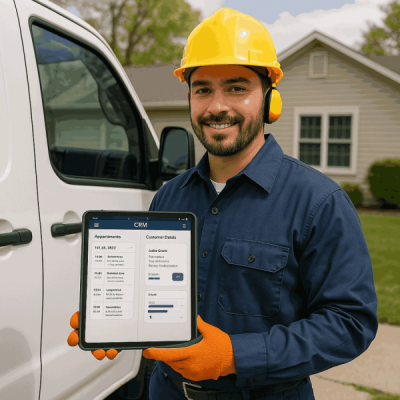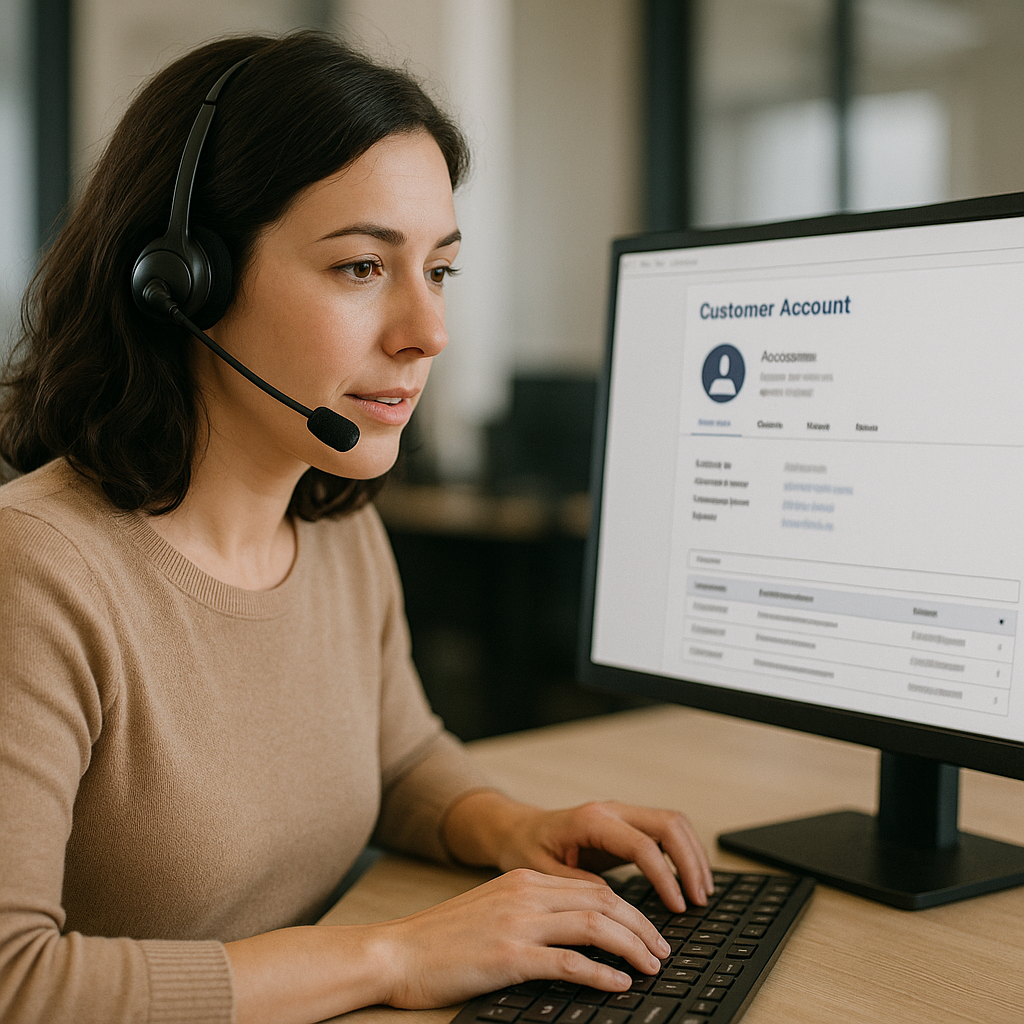



The Ultimate Guide to Choosing the Right CRM System for Your Business
A Customer Relationship Management (CRM) system is a computer program utilized in managing the interaction of a firm with its current or potential customers. With data centralization, automation, and analysis, a CRM system helps firms to enhance customer relationships, enhance sales, and maximize operations.
Why Do Businesses Need a CRM System?
For you, if you are manually organizing the customer touchpoints, sales processes, or support requests, trust me, a CRM system will make your work easy. It facilitates the following:
- Enhanced Customer Interaction: Track communication history and adapt interaction.
- Efficient Workflow Automation: Assignment, reminder, and reporting automation.
- Data-Driven Decisions: Get analytics and insights to inform better strategy.
- Enhanced Inter-Team Co-Operation: Easily share customer data across departments.
- Improved Lead Conversion: Manage and direct leads effectively, converting potential customers into loyal clients.
- Cost Savings: Simplify operations and cut out duplicate labor to conserve business expenses.
Core Features of a CRM System
To select the appropriate CRM technology, keep these key features in mind:
- Contact & Lead Management
Getting customer details, monitoring the events of the contact, and managing leads with the aid of automated reminders and segmentation. Thus, ensuring that no lead is left unattended and that the maximum possible conversion ratio is realized.
- Sales & Pipeline Management
Real-time transaction monitoring, automatic oversight, and predictive revenues to guide your judgment. It is easy for the sales teams to see progress, set milestones, and close deals.
- Integration Capabilities
It is fairly common to stop missed calls from customers by availing of HVAC answering services and plumbing answering services. Integration with them enhances response time and customer satisfaction.
- Automated Marketing & Communication
Targeted emails, SMS, and social media messages sent on the basis of customer behavior. Personalized messaging results in increased engagement and conversion rates.
- Analytics & Reporting
Monitor sales performance, customer experiences, and marketing campaign success. AI-powered analytics enable data-driven decisions for expansion.
- Mobile Accessibility
Cloud CRMs are accessed remotely, and this facilitates remote work for the sales and support teams to become more efficient and helpful to customers.
- Customizable Workflows
Each business needs something different. A workflow-enabled CRM makes it easy to integrate into existing workflows, thereby increasing productivity.
Industry-Specific CRM: How It Benefits HVAC and Plumbing Services
For service-based businesses like HVAC and plumbing companies, a CRM system offers tailored solutions:
1. Optimized Appointment Scheduling
- Automatically assign field technicians based on location and availability.
- Reduce no-shows with automated appointment reminders.
- Enable online booking for customer convenience.
2. Seamless Call Answering Integration
- Integrate with HVAC answering services to capture leads after hours.
- Use plumber call answering service to ensure emergency requests are addressed 24/7.
- Automatically log calls and assign follow-ups to service representatives.
3. Customer Retention & Loyalty
- Maintain service history for personalized recommendations.
- Send automated maintenance reminders to build long-term relationships.
- Reward repeat customers with loyalty programs and exclusive offers.
4. Faster Issue Resolution
- Allow customers to submit tickets and track service requests in real-time.
- Enable technicians to access past service records and provide quicker solutions.
- Implement AI-driven chatbots for 24/7 customer support.
5. Financial Management & Invoicing
- Automate invoicing, reducing errors and payment delays.
- Offer multiple payment options, including online transactions.
- Track outstanding payments and send reminders for due invoices.
Choosing the Right CRM Technology for Your Business
With that many choices in your pocket, selecting the best CRM is a thoughtful one:
- Cloud-Based vs. On-Premise CRM
- Cloud CRM: Access from mobile anywhere, less initial costs.
- On-Premise CRM: Greater data control, entails internal technical support.
- Hybrid CRM: Integration of cloud-based solutions and on-premises security features.
- Customization and Scalability
- Get a CRM for adapting up according to the scale of your business.
- Look for customize-able-specific workflows, dashboards, and integrations for your line of business.
- User-Friendly Interface
- Easy trainability and ease of operation characterize the platform.
- It provides a role-based dashboard to each of the team members to maximize productivity.
- Safety & Conformity
- Prioritize CRMs with robust security and encryption of data in addition to being top-notch compliance.
- Ensure the device complies with industry-specific regulations, including GDPR, HIPAA, or PCI DSS.
- Features of AI and Automation
- Choose a CRM which is integrated with AI-driven insights, predictive analysis, and automated intelligence.
- Enable the use of chatbots apart from automated processes and intelligent lead scoring.
How to Implement a CRM System Successfully?
Implementation of a CRM system needs to be well planned. The following steps should be followed to plan for successful implementation:
- Assessing Your Business Needs— Pinpoint pain areas and set CRM goals.
- Select the right CRM Vendor— Review support, functions, and price.
- Train Your People— Offer extensive training for optimal take-up.
- Move Data Carefully— Move customer data between current systems to seamlessly finish the move.
- Monitor & Optimize – Continuously monitor performance and optimize workflows for optimal performance.
Final Thoughts: Is a CRM System Right for You?
If you are looking to enhance efficiency, increase sales, and establish better customer relationships, then investing in a CRM system is an intelligent decision. With seamless HVAC answering services integration to plumber call answering service automation, the best CRM technology can revolutionize your business processes.
Visit the top CRM solutions today, Rinvox CRM, and elevate your business!
FAQs
1. A CRM system supports customer service in what manner?
It consolidates customer interactions, automates responses, and provides real-time insight to boost support productivity.
2. Does a small business require a CRM?
Yes, most definitely! Small startups too can benefit from using CRM solutions for contact management, automation, and improving customer interaction.
3. How does an HVAC answering service integrate with a CRM?
A CRM would record all calls, automatically assign tasks, and follow up on all leads a plumbing business gets from answering services.
4. What is the best CRM system for plumbing businesses?
The ideal CRM for a plumbing business is the call answering, mobile, and scheduling integrated CRM.
5. What does a CRM system cost?
The cost of a CRM depends on features, users, and deployment. The majority of providers offer scalable pricing models, such as subscription services.

